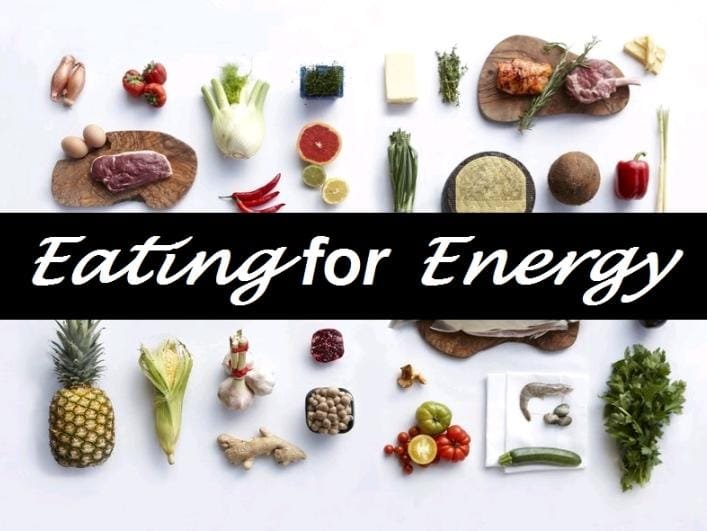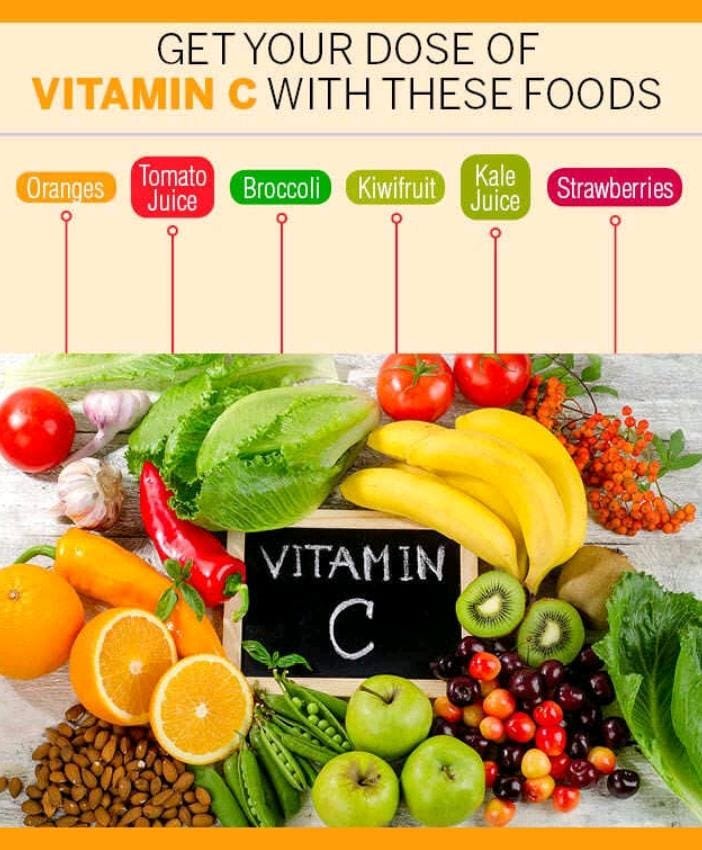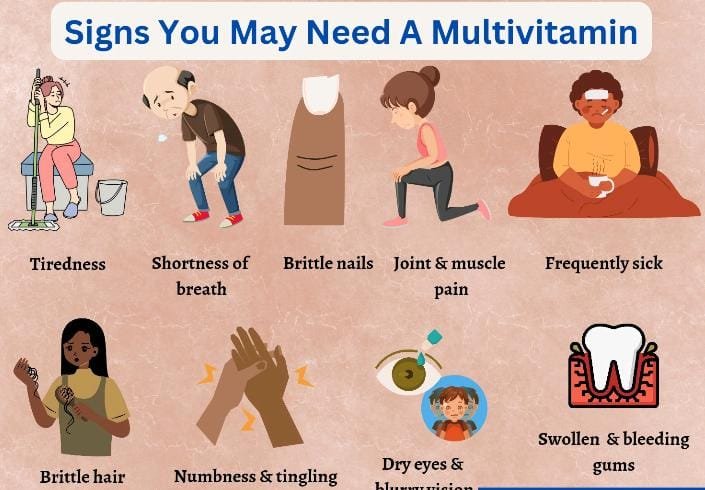
Vitamins for Boosting Energy
Vitamins for Boosting Energy
Feeling tired all the time? Do you struggle to stay focused during the day, even after a full night’s sleep? Fatigue is a common issue in today’s fast-paced world, and it can affect your productivity, mood, and overall well-being. While lifestyle factors like sleep, hydration, and exercise play a big role, your vitamin intake could also be the missing piece of the puzzle.
Why Do We Feel Fatigued?
Fatigue can result from several factors such as stress, lack of sleep, dehydration, poor diet, and underlying health conditions. But one of the most overlooked causes is nutritional deficiency. Your body needs specific vitamins and minerals to convert food into energy, regulate hormones, and keep your nervous system functioning properly. When you lack these nutrients, your energy levels can drop significantly.
The Role of Vitamins in Energy Production
Vitamins don’t provide energy directly like carbohydrates or fats, but they act as co-factors in energy metabolism. They help your body break down food into glucose, which your cells use for fuel. Without adequate vitamins, this process slows down, leading to tiredness and weakness.
Top Vitamins for Boosting Energy and Reducing Fatigue

Let’s dive into the most important vitamins that can help you fight fatigue and feel more energized throughout the day.
1. Vitamin B12 – The Ultimate Energy Vitamin
Vitamin B12 is essential for red blood cell production and nerve function. It helps your body convert carbohydrates into glucose, which is the main source of energy for your cells. A deficiency in B12 can lead to anemia, causing fatigue, weakness, and brain fog.
Best Sources of Vitamin B12:
- Lean meats (chicken, beef)
- Fish and seafood (salmon, tuna)
- Eggs and dairy products
- Fortified cereals for vegetarians and vegans
Tip: If you’re on a plant-based diet, consider a B12 supplement, as it’s mostly found in animal-based foods.
2. Vitamin B6 – For Better Metabolism and Mood
Vitamin B6 plays a key role in protein metabolism, brain health, and the production of neurotransmitters like serotonin and dopamine. These chemicals affect mood and energy levels. Low B6 can make you feel sluggish and irritable.
Food Sources:
- Bananas
- Chickpeas
- Turkey and chicken
- Potatoes
3. Vitamin C – Not Just for Immunity

While Vitamin C is well-known for boosting immunity, it also helps reduce fatigue by aiding the absorption of iron and combating oxidative stress in the body. Lower oxidative stress means less cellular damage and more energy.
Where to Get Vitamin C:
- Citrus fruits (oranges, lemons)
- Strawberries
- Bell peppers
- Broccoli
4. Vitamin D – The Sunshine Vitamin
Vitamin D deficiency is linked to tiredness, muscle weakness, and even mood disorders like depression. This vitamin supports bone health, immune function, and overall vitality. People who spend most of their time indoors or live in areas with little sunlight are more prone to low Vitamin D levels.
Sources of Vitamin D:
- Sunlight exposure (15–20 minutes daily)
- Fatty fish (salmon, mackerel)
- Fortified dairy products
- Supplements (if necessary)
5. Iron and Magnesium – The Unsung Heroes
Although technically minerals, iron and magnesium work hand-in-hand with vitamins to keep energy levels high. Iron is crucial for transporting oxygen in your blood, while magnesium supports muscle and nerve function. Low levels of these minerals can lead to chronic fatigue and weakness.
Best Sources:
- Iron: Red meat, spinach, lentils
- Magnesium: Nuts, seeds, whole grains, dark chocolate
Signs You May Need More Vitamins for Energy

You might be low on these essential vitamins if you experience:
- Persistent fatigue even after rest
- Difficulty concentrating
- Pale skin (a sign of anemia)
- Frequent mood swings
- Muscle weakness or cramps
If these symptoms sound familiar, consult a healthcare professional for a blood test before starting supplements.
Natural Ways to Boost Energy Along with Vitamins
Vitamins alone won’t solve all energy issues. Here are some lifestyle tips to complement your vitamin intake:
- Stay Hydrated: Dehydration can sap your energy quickly.
- Get Quality Sleep: Aim for 7–8 hours every night.
- Exercise Regularly: Movement boosts circulation and energy production.
- Eat Balanced Meals: Combine proteins, healthy fats, and complex carbs for sustained energy.
Should You Take Vitamin Supplements?
If your diet is well-balanced, you may not need supplements. However, factors like age, dietary restrictions, health conditions, and lifestyle can increase your risk of deficiency. In such cases, taking a multivitamin or targeted supplement under medical guidance can help restore energy and reduce fatigue.
Final Thoughts
Feeling drained all the time isn’t normal—and it’s often linked to nutrient gaps. Vitamins for boosting energy and reducing fatigue play a crucial role in helping your body function at its best. By adding B vitamins, Vitamin C, Vitamin D, and key minerals like iron and magnesium to your diet, you can feel more energized, focused, and ready to take on the day.
Remember, consistency is key. Combine a nutrient-rich diet with healthy lifestyle habits for long-term energy and overall well-being.

Aiman Fatima
August 27, 2025This was exactly what I needed! I didn’t realize Vitamin B12 and Vitamin D play such a huge role in energy levels. Time to add more of these to my diet!”